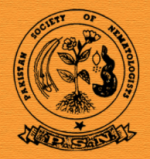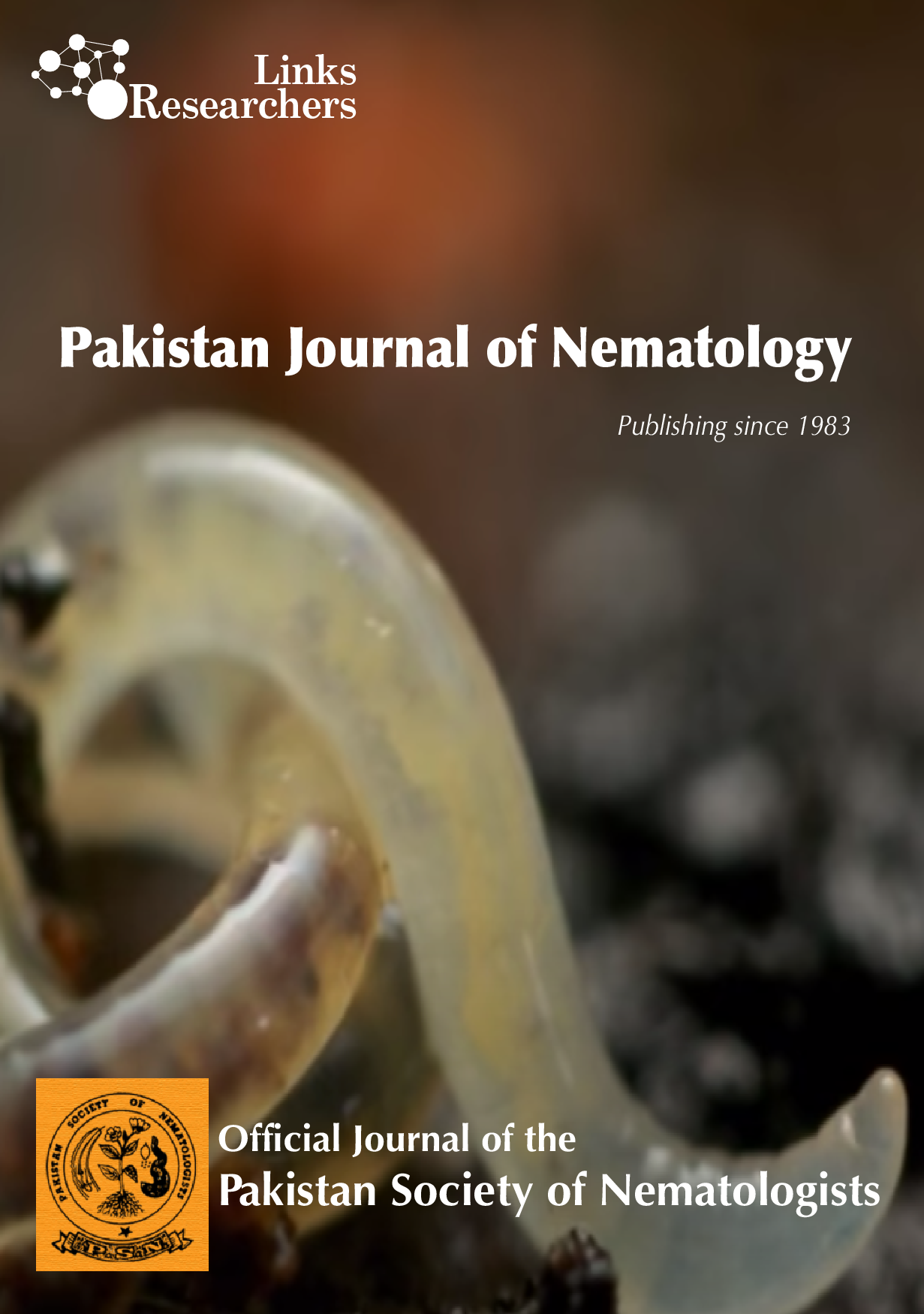Chitinase activity of biocontrol fungi cultured from the golden potato cyst nematode, Globodera rostochiensis
K. Abbasi 1 , R. Wick2† and D. Zafari1
ABSTRACT
One hundred and fifty-four fungal isolates were compared for their ability to degrade chitin by the N-acetylglucosamine-dinitrosalicylate method. Ten isolates with high chitinase activity were selected for further characterization. Of the 10 selected isolates, three chitinase enzymes were evaluated using three substrates. Based on the results of our chitinase assay, Beauveria bassiana, Lecanicillium muscarium, Paecilomyces sp. and Trichoderma atroviridae had the highest activity. We selected these four isolates to determine the optimum pH, temperature, and reaction time. Zymography was also used to demonstrate the chitinase activity of the four isolates. The biocontrol potential of 10 selected isolates was assayed in water-agar in vitro and under greenhouse conditions. L. muscarium had the most potential and Fusarium solani was the least based on the number of parasitized juveniles and eggs in water-agar. Greenhouse trials showed T. atroviridae and B. bassiana had the highest dry root weight and tuber yield.
To share on other social networks, click on any share button. What are these?





